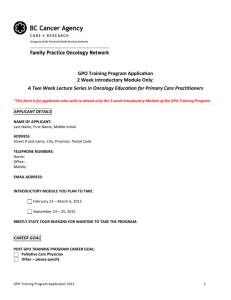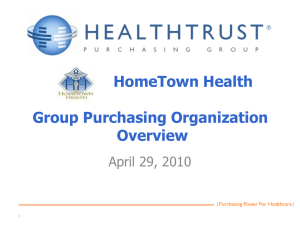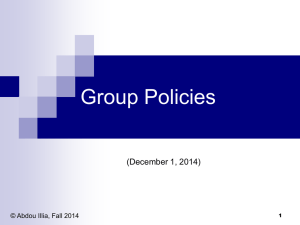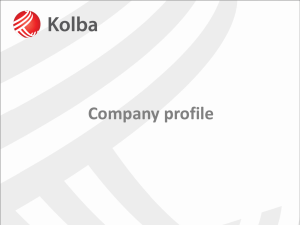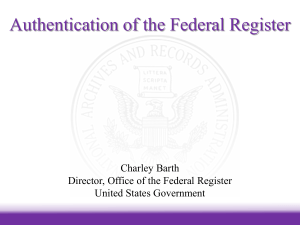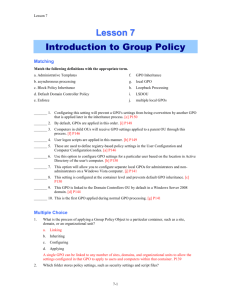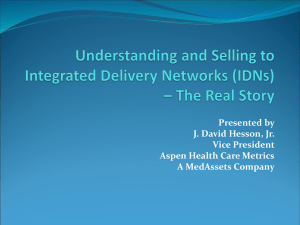Hence small distributors must pay the ACTUAL price
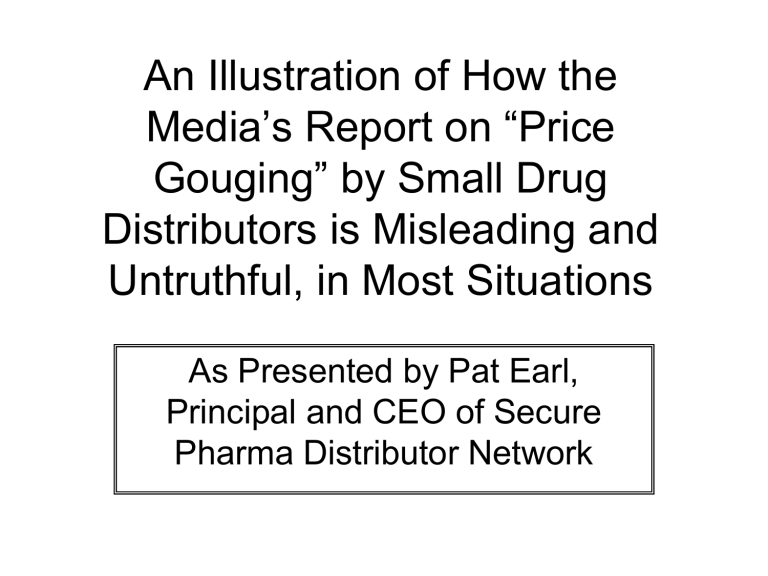
An Illustration of How the
Media’s Report on “Price
Gouging” by Small Drug
Distributors is Misleading and
Untruthful, in Most Situations
As Presented by Pat Earl,
Principal and CEO of Secure
Pharma Distributor Network
RISING DRUG SHORTAGES IN U.S.
Source: U.S. Food and Drug Administration
Year No. of Reported Shortages
2005 61
2006
2007
56
90
2008
2009
110
157
2010
2011
178
200 and growing
Reasons for Rising Drug Shortages in U.S.
Source: U.S. Food and Drug Administration
Rank Why Drug is Short Supply % of Reasons
1 Quality Problems
2 Delays Related to Capacity
54%
21%
11% 3 Company Discontinuing
Production
4 Raw Material Supply
5 Increased Demand Due to
Another Shortage
6 Loss of Manufacturing Site
7 Shortage of Packaging
Components
5%
4%
3%
2%
Pharmacist Michael O'Neal, manager of procurement at
VUMC, holds the drug propofol, which has been in short supply. / Samuel M. Simpkins / The Tennessean
Growing Drug Shortage Leaves Patients in the
Lurch… as reported in The Tennessean on October 6, 2011
• According to a pharmacist who is manager of procurement at Vanderbilt University
Medical Center “…I don’t know if this is a market adjustment because the whole generic drug industry has become so commodified that you can buy a bottle propofol that can be used in surgery much cheaper than you can buy a bottle of water.”
Propofol is the generic version of Diprivan, the anesthetic drug used in Hospital Operation Rooms
Price: When No-Adverse Market
Supply Issue:
Manufacturer A Published Wholesale
Acquisition Cost (WAC)
GPO Contract Price
Discount off Published Wholesale
Acquisition Cost (WAC)
On Major GPO
Contracts
$5.60
$0.48
$5.12
Percent Discount Savings 91.43%
Actual Pricing that a Small Distributor Pays for
Propofol when Purchasing for Normal Supply
Price Between Two Distributor Trading
Partners, i.e. an ADR to Distributor
No GPO
Contract
The WAC Price to Authorized Distributors
ADR Invoice Price to Small Distributor
Cost Plus Invoice Price to Distributor
Percent Markup on ADR to Distributor
$5.60
$6.60
$1.00
17.86%
Selling Price that a Small Distributor Offers to
Hospital at15% Markup on its Purchase Price
Price If Market Supply Channel is Disrupted:
Market
Price
Small Distributor Acquisition Price from ADR
Sell Price to Hospital - Non GPO Eligible
Cost Plus Mark-up on Sale to Hospital
Percent Markup on Small Distributor Price
$6.60
$7.60
$1.00
15.15%
These Illustrations Show a 15%-18% Markup to
Cover the Costs of Picking, Packing and Shipping
Transactions for Propofol… NO GOUGING HERE!
On vs. Off
Contract
Cost Impact on hospital pricing as reported to GPO:
GPO negotiated contract price on APP product
Non-GPO authorized distributor sale at
WAC+
Additional Cost to Purchase Off-Contract
Alternative
$0.48
$7.60
$7.12
Cost Impact for hospital reporting to GPO 1483.33%
Drugs in the “Market”
• Manufacturers bid low prices in exchange for sole source GPO awards
• One supplier then corners the market for multiple years of contracts
• Artificial price controls drive competition to discontinue that product
• Limited distribution conspires to drive drugs into commodity exchanges
• Artificially low pricing leads to unnecessary shortages
Growing Drug Shortage Leaves Patients in the
Lurch… as reported in The Tennessean on October 6, 2011
• Many of the drugs are old-line treatments with low profit margins for their makers
• The general public reads the headlines about the drug shortage crisis, and they assume we are talking about these blockbuster drugs that are so…expensive .
• In reality, we are talking about generics that are $2 each that are proven to work, that patients are now not able to obtain
Drug Shortages are a direct result of GPO favoritism and their lossleader pricing strategies…
No other manufacturer will produce a drug at a loss !
.
Perceived “gouging” alluded to is A DIRECT cause of GPO and their chosen partners’ policies that create ”artificial price controls” for their favored member customers.
Small distributors are “restricted” by the manufacturers and the GPO’s from selling these contract items at the exclusive, artificially-set contract pricing
Hence small distributors must pay the ACTUAL price
Pat Earl, Principal and CEO of Secure
Pharma Distributor Network
From my viewpoint as an industry veteran…
“ I believe that it is rather disingenuous for
Premier Purchasing Partners, the other large national GPO’s and their partner manufacturers, in general, to point their fingers at the small drug distributors, who must pay a significantly higher price for their products. The market share for the smaller distributors is comparatively speaking…relatively insignificant.”
